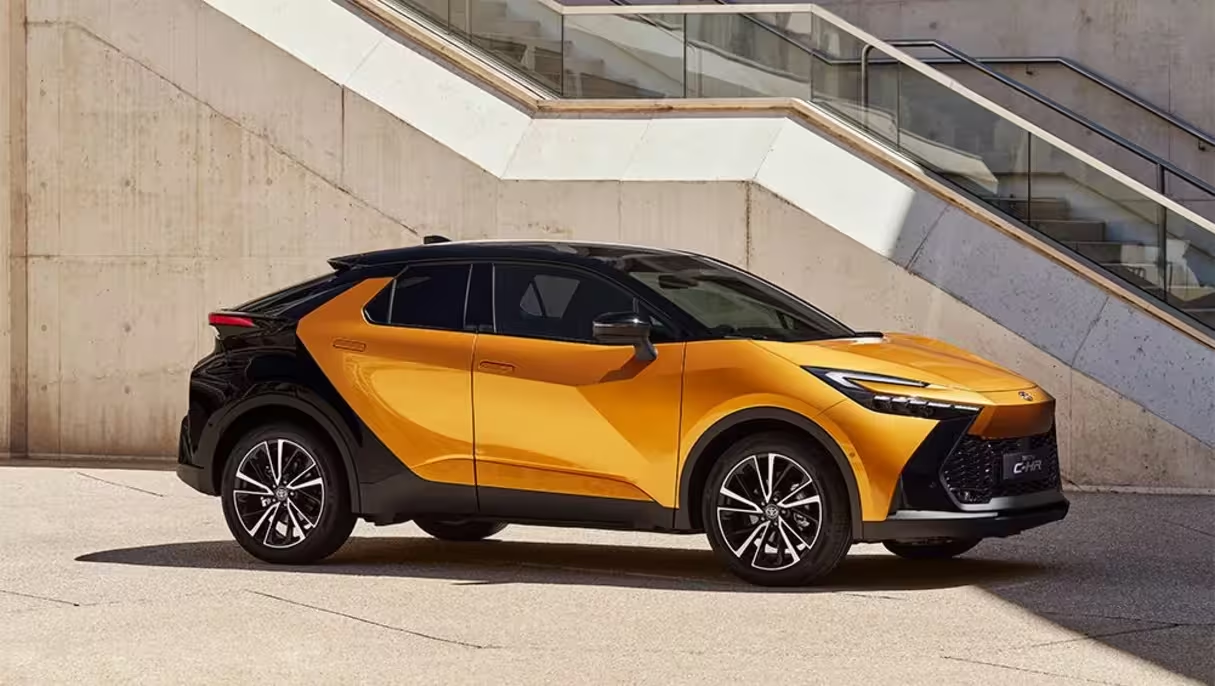5 Minutes
The Unusual Sound of Hybrid Cars in Reverse: Explained
Hybrid vehicles like the Toyota Prius and Honda CR-V are celebrated for their exceptional fuel efficiency and innovative technology. Yet, many drivers are surprised when they hear an odd, sometimes even futuristic, sound while reversing. Unlike traditional gasoline or diesel-powered vehicles, hybrids generally operate in near-silence, especially at low speeds, which makes these unexpected noises stand out even more. If you've wondered about the purpose behind this distinct sound, you're not alone. Let's explore why hybrid cars make these noises—and why they're essential for safety.
Vehicle Design and Safety: Why Do Hybrid Cars Make Noise in Reverse?
The core reason for the strange noise in hybrid vehicles while reversing comes down to safety features mandated by law. Because hybrid and electric cars are extremely quiet at low speeds, pedestrians—especially those with visual impairments—may not notice a car backing up. Research published in The Guardian highlighted that electric and hybrid vehicles are up to twice as likely to be involved in pedestrian accidents compared to their conventional counterparts. This is primarily because people have been conditioned to use auditory clues to detect approaching traffic.
To address this safety concern, many automotive manufacturers have equipped their hybrid models with specific sound-emitting systems. These systems produce distinct, alerting noises when the car is reversing or moving forward at low speeds (usually up to 30 km/h). This proactive measure makes the vehicle more noticeable, reducing the risk of accidents in environments with high pedestrian activity, such as parking lots and city streets.
Government Regulation and Industry Response
In response to these findings, the U.S. government under President Obama passed legislation in 2016 requiring all new hybrid and electric cars to generate artificial sounds at low speeds. This regulation significantly shaped the design and engineering strategies of brands like Toyota, Honda, Lexus, and Ford. For example, Lexus refers to its technology as the "Pedestrian Warning System," while Ford names it the "Pedestrian Alert System." Both systems serve the same purpose: enhancing pedestrian safety by increasing awareness through auditory cues.

Hybrid Car Specifications and Performance Considerations
Key specifications that set hybrid cars apart include electric motor integration, regenerative braking, and sophisticated battery management systems. While these features contribute to their near-silent operation, especially at low speeds or in electric-only mode, they also necessitate the inclusion of external speakers to produce synthetic alert sounds. Performance-wise, the quiet ride is a major benefit for comfort, but car manufacturers have balanced this tranquility with safety by engineering unique sound signatures that comply with global safety standards.
Market Positioning and Competitive Analysis
Hybrid vehicles have carved out a unique position in the automotive market due to their combination of eco-conscious engineering and advanced safety technologies. Compared to traditional internal combustion engine vehicles, hybrids like the Toyota Prius offer lower emissions, better fuel economy, and cutting-edge tech, such as collision avoidance, driver assistance, and now, pedestrian alert sound systems. As more manufacturers strive to improve both environmental impact and safety, the inclusion of these warning sounds is set to become standard across the entire electric and hybrid segment.
Comparisons with Other Vehicle Types
Unlike hybrids, gasoline and diesel-powered cars inherently produce engine and exhaust sounds that pedestrians can easily notice. Full-electric vehicles share the same silent-running advantage—and the same safety challenges—as hybrids, making mandatory sound systems equally relevant. This key difference highlights the importance of technological adaptation in future vehicle designs as the shift toward electrification accelerates worldwide.
Conclusion: An Essential Feature for Modern Hybrids
The unusual noise you hear from your hybrid car when reversing isn't a mechanical issue—it's an essential safety function. Designed to alert those nearby, these sounds are a critical innovation in the era of quiet, efficient vehicles. As hybrid and electric cars continue to grow in popularity globally, expect these synthetic sounds to remain a crucial aspect of vehicle safety, ensuring that both drivers and pedestrians can coexist securely on our roads.



Comments